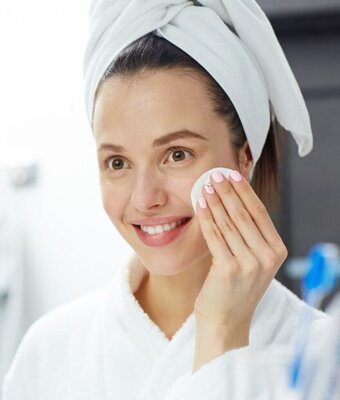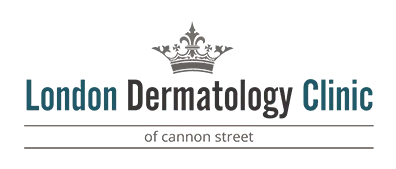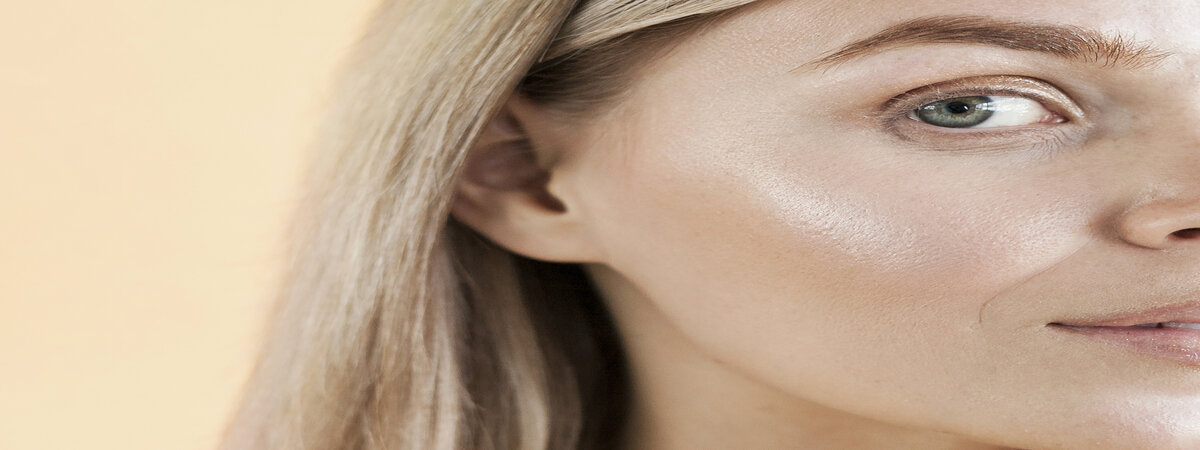
Unlocking Clear Skin: Expert Advice from Our Dermatologists on Tackling Teenage Acne
Teenage years are often associated with growth spurts, newfound independence, and… acne. Yes, the dreaded skin condition that seems to haunt so many adolescents. If you’re a teenager battling with acne, you’re not alone. In fact, it’s estimated that nearly 85% of teenagers will experience some form of acne. But fear not, armed with the right knowledge and guidance from our dermatologists, you can navigate through this challenging phase with confidence. Let’s delve deeper into the world of teenage acne and explore some effective strategies for managing it.
What Causes Teenage Acne?
Before diving into solutions, it’s essential to understand what causes acne in the first place. Contrary to popular belief, it’s not just about poor hygiene or eating too much chocolate. Teenage acne primarily stems from hormonal fluctuations during adolescence, particularly an increase in androgen hormones. These hormones stimulate the sebaceous glands in your skin to produce excess oil, clogging pores and creating a breeding ground for acne-causing bacteria. Genetics, stress, diet, and skincare habits can also play a role in exacerbating acne symptoms.
Effective Skincare Practices
One of the first lines of defense against teenage acne is adopting a proper skincare routine. Our dermatologists recommend a gentle approach that balances thorough cleansing with gentle care:
Cleanse Twice Daily: Use a mild, non-comedogenic cleanser to wash your face twice a day, once in the morning and once before bed. Avoid harsh scrubbing or overwashing, as this can irritate the skin and worsen acne.
Moisturize: Contrary to popular belief, moisturizing is crucial even for acne-prone skin. Opt for oil-free, non-comedogenic moisturizers to keep your skin hydrated without clogging pores.
Spot Treatments: For active breakouts, consider using spot treatments containing ingredients like benzoyl peroxide or salicylic acid. These can help reduce inflammation and kill acne-causing bacteria.
Lifestyle Factors
In addition to skincare, certain lifestyle factors can influence the severity of teenage acne. Our dermatologists emphasize the importance of:
Healthy Diet: While specific foods may not directly cause acne, maintaining a balanced diet rich in fruits, vegetables, and whole grains can support overall skin health. Limiting dairy and high-glycemic foods may also be beneficial for some individuals.
Stress Management: Stress can trigger hormonal fluctuations that worsen acne symptoms. Practice stress-relief techniques such as mindfulness, yoga, or regular exercise to keep stress levels in check.
Avoiding Picking or Popping: Tempting as it may be, avoid picking or popping acne lesions. This can lead to scarring, prolonged inflammation, and even spread bacteria, worsening the condition.
When to Seek Professional Help
While mild acne can often be managed with over-the-counter products and lifestyle changes, severe or persistent acne may require professional intervention. Our dermatologists recommend seeking help if:
Your acne is causing emotional distress or impacting your self-esteem.
Over-the-counter treatments have been ineffective.
You’re experiencing deep, painful cysts or nodules.
Your acne is leaving behind scars or dark marks.
A dermatologist can offer personalized treatment options, including prescription medications, in-office procedures, or advanced skincare regimens tailored to your specific needs.
Conclusion
Teenage acne can undoubtedly be a source of frustration and insecurity, but with the right approach, it’s a battle that can be won. By understanding the underlying causes, adopting a gentle skincare routine, addressing lifestyle factors, and seeking professional help when needed, you can take control of your acne and restore confidence in your skin. Remember, you’re not alone in this journey – our dermatologists are here to support you every step of the way.
FAQ
Can certain medications worsen acne?
Some medications, such as corticosteroids or certain birth control pills, can exacerbate acne in some individuals. Consult with your healthcare provider if you suspect your medications are contributing to your acne.
Is it normal to experience acne in areas other than the face?
Yes, acne can occur on various parts of the body, including the chest, back, shoulders, and even buttocks. This type of acne, known as “body acne,” can be managed using similar strategies as facial acne.
Can wearing makeup worsen acne?
While certain makeup products can clog pores and contribute to acne, many brands offer non-comedogenic and oil-free options that are less likely to cause breakouts. Additionally, removing makeup thoroughly before bed can help prevent acne flare-ups.
How long does it take for acne treatments to show results?
The timeline for seeing improvements in acne can vary depending on the severity of the condition and the chosen treatment method. While some individuals may notice results within a few weeks, others may require several months of consistent treatment before seeing significant improvement.
Are there any natural remedies for treating teenage acne?
Some natural ingredients, such as tea tree oil, witch hazel, and aloe vera, have been shown to have anti-inflammatory and antimicrobial properties that can help manage acne. However, it’s essential to use caution and consult with a dermatologist before trying any natural remedies, as they may not be suitable for everyone and could potentially cause irritation or allergic reactions.


